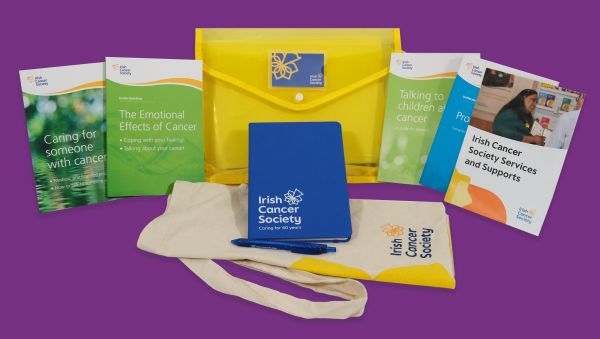Bladder cancer
Treatment
How is bladder cancer treated?
The way bladder cancer is treated mainly depends on:
- The size and stage of your cancer
- The type and grade of cancer
- If it has spread or not
- Your age and general health
The treatment or treatments your doctors recommend for you are based on the latest research and international guidelines about the best ways to treat bladder cancer.
You may notice that other people with bladder cancer are not getting the same treatment as you. Their cancer may not be the same type or at the same stage as yours, so your treatment plan may be different.
Ask your doctor or nurse if you are not sure about the type of bladder cancer you have or if you have any questions about your treatment.
Treatment options for non-muscle invasive and muscle-invasive bladder cancer are different.
Treatment for non-muscle invasive bladder cancer
Most people will have a surgical procedure called a TURBT to remove the tumours. Your doctor may recommend other treatments, such as chemotherapy or immunotherapy drugs given into your bladder, depending on the risk group of your cancer.
Treatment for muscle-invasive bladder cancer
Chemotherapy, surgery and / or radiotherapy are the main treatments for muscle-invasive bladder cancer. They are often given in combination. For example, chemotherapy followed by surgery or radiotherapy and chemotherapy together.
Treatment for advanced (metastatic) bladder cancer
Advanced (metastatic) bladder cancer can be treated with chemotherapy, immunotherapy radiotherapy and surgery.
Coping with side-effects
The type of side-effects you get will depend on the type of treatment, the dose, the duration and your own general health. Read about the different treatments to learn more about possible side-effects.
Your doctor or nurse will discuss any possible side-effects with you before your treatment.




Get help & support

Support Line
Free support pack

